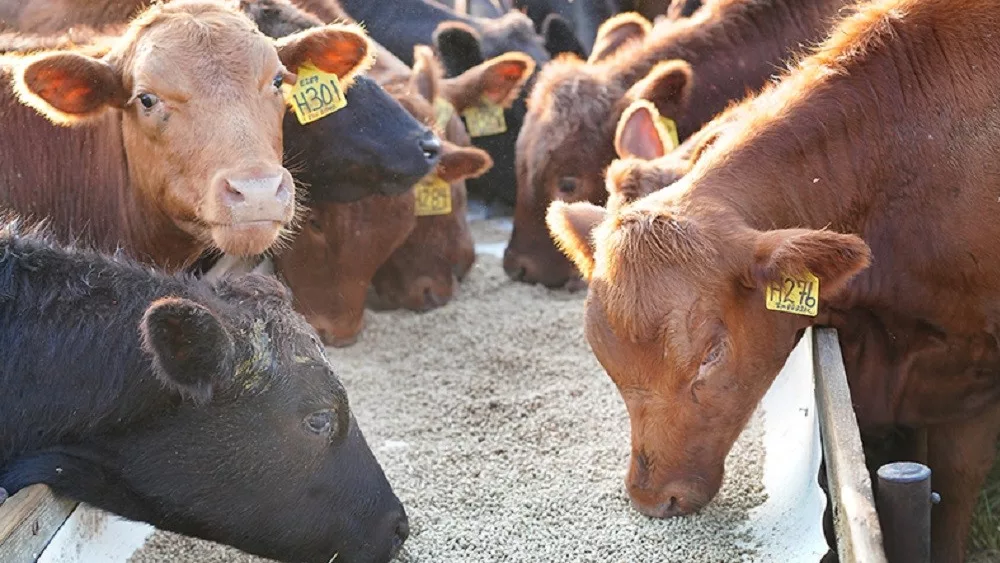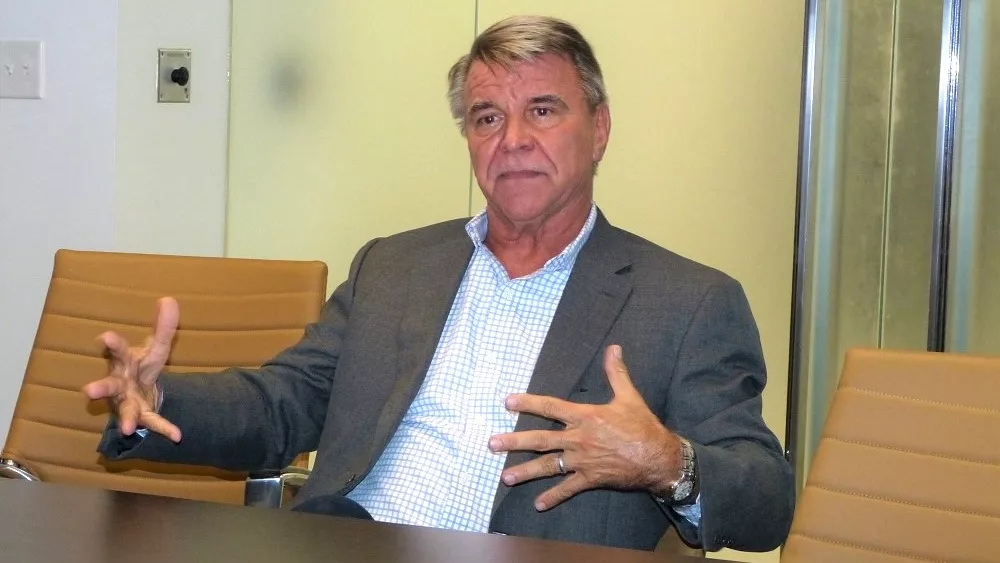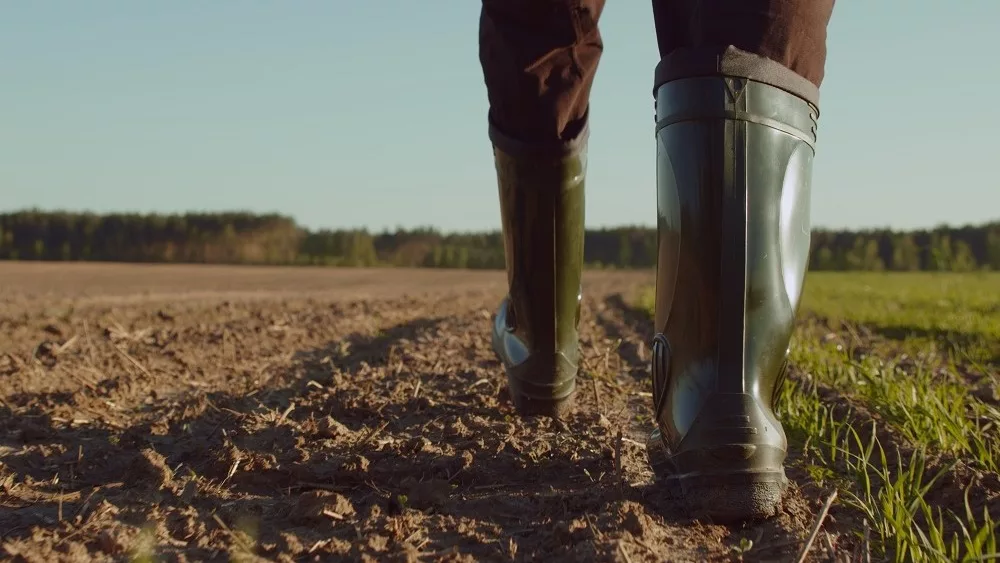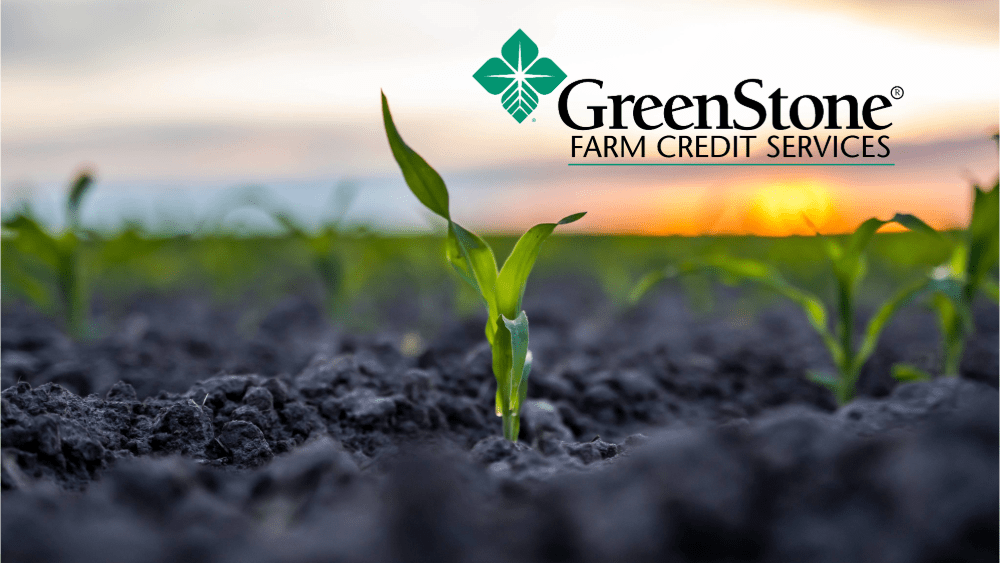
The National Pork Board is issuing a warning to travelers to the Dominican Republic: practice strong biosecurity measures.
“Especially if they’re pork or livestock producers or crop—I don’t care—any producer that has the opportunity to go back on a farm,” says Dr. Patrick Webb, director of swine health programs with the National Pork Board. “We need to make sure that we’re focusing on giving them the resources to understand what you need to do for your international biosecurity so you’re not tracking things back.”
Webb says pork producers in particular should be avoiding exposure to African swine fever (ASF).
“A lot of these countries like to do tours—agritourism is a thing,” he says. “The last thing we want is someone tromping around some hog farm and coming back. It’s all about smart decisions and the tools we have at porkcheckoff.org for international travel and biosecurity can help provide guidance.”
ASF has been inching its way closer to the U.S. It was discovered in Haiti and the Dominican Republic nearly six months ago. Webb says poor biosecurity measures on the island caused the initial spread.
“There’s a strong suspicion that it came in with international garbage—meat products that were fed,” he says. “No one’s got the definitive epidemiology on that yet where they say that’s exactly how it moved. We do know with our experiences in China and other countries that it has been pork-containing plate waste, being fed to pigs. That’s how it’s spread traditionally.”
Here domestically, the Pork Checkoff has a database called AgView. It’s a free, opt-in technology that allows them to share their location, movement data, test results and other information with the state veterinarian should an ASF outbreak happen here.
“One, it will facilitate a more rapid response to a detection which is good,” says Webb. “Two, it will help us determine where disease is and isn’t which can reflect well on our efforts to regionalize so we know our free areas and get those guys back into business. And the third thing that is does is it elevates the level of preparedness for the industry to be better prepared for a foreign animal disease outbreak.”
The full conversation with Webb can be found on the February 24, 2022 edition of the MAT Podcast in the player below.





